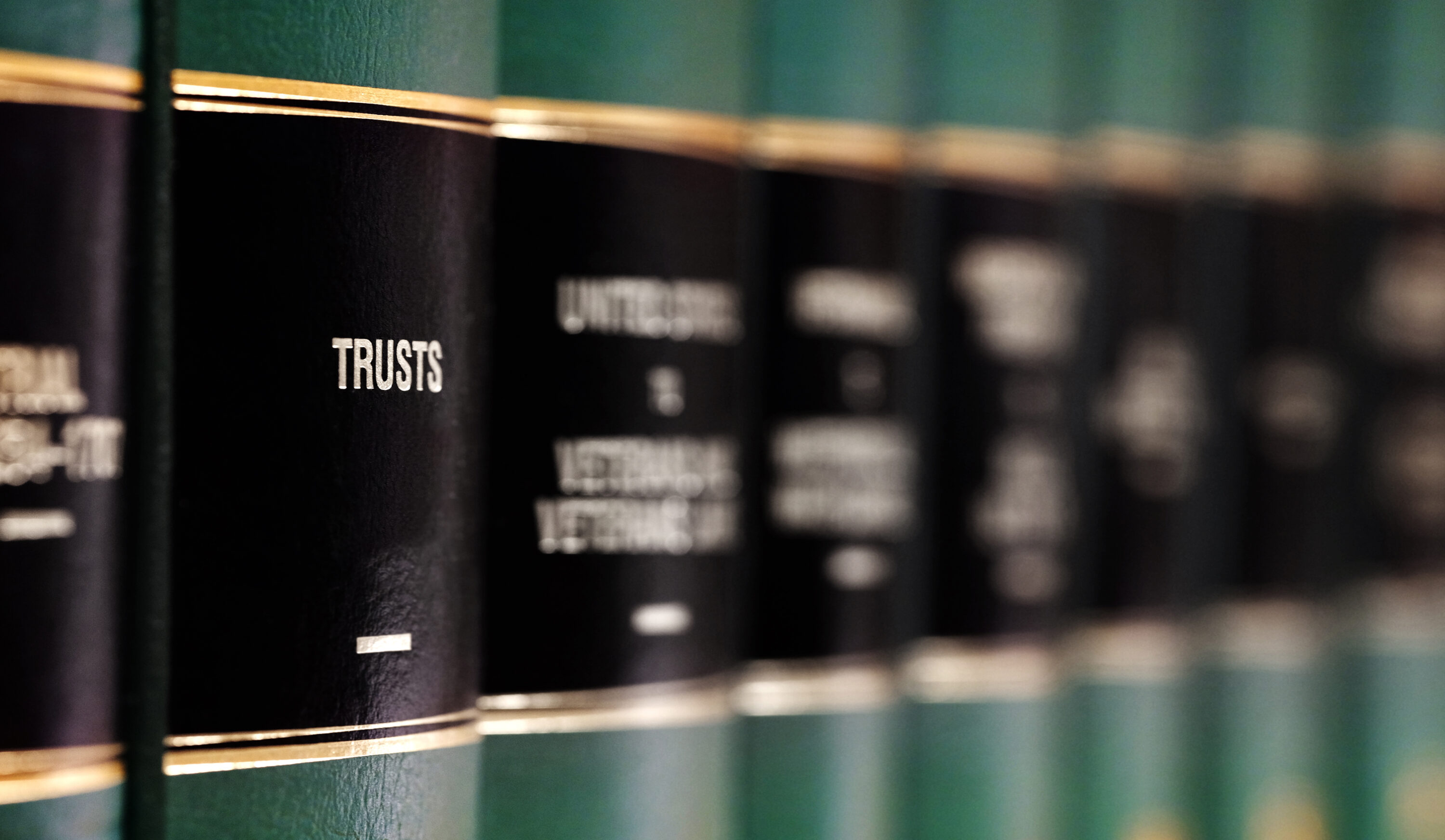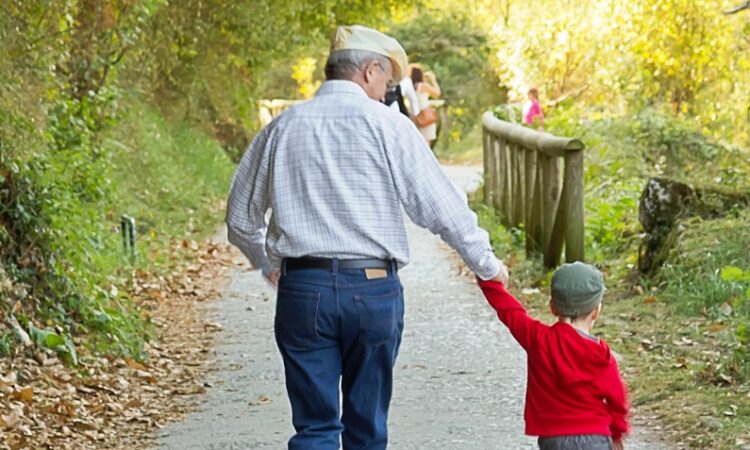
Trusts & Deed of Gifts
Are you looking to preserve family assets for your nearest and dearest? Or do you want to help your family save on Inheritance Tax? Or dictate exactly what your hard-earned money can be spent on?
If so, creating a Trust during your lifetime is probably the best way of ensuring that assets pass down the family, rather than being taken to provide funds for expenses, such as, but not exclusively, nursing home fees. They can also prevent assets from passing into the hands of people you would prefer not to benefit from your money.
We can help you set up a Trust (gifted after your death) or Deed of Gift (gifted before your death), and advise you on which is best for your situation.
The process involves:
- Looking at the value and type of property and assets you possess
- Considering the most appropriate type of Trust to suit your needs such as:
- Bare Trusts
- Interest Possession Trusts
- Discretionary Trusts
- Property Trusts
- Preparing a draft Trust Deed for discussion and approval
- Obtaining clearance from HMRC, where necessary, to ensure that the arrangement is acceptable and will achieve your objectives
- Advising on the registeration process with HMRC, where necessary
- Registering a property with Land Registry in the names of the Trustees.
Trusts & Taxation
In some circumstances, a Trust can be used to reduce the amount of Inheritance Tax payable in an Estate.
FAQs
What is a Trust?
A Trust is the formal transfer of assets to people you trust or to a Trust company with instructions that they hold the assets for the benefit of others.
Common purposes of a Trust include:
- To provide for a husband/wife after death while protecting the interest of the children
- To protect the inheritance of young children until they are old enough to take responsibility for their own affairs
- To provide for vulnerable relatives who are unlikely to be able to look after their own affairs
- To help with succession planning in family businesses
What is a Deed of Gift?
A legal document that transfers ownership of your property to someone else, usually a close family member. It can only be made by a donor who has mental capacity and understands what they are doing. They must also ensure they have enough money to live on once the Gift has been given. It is also irreversible, so it is not always the best way to pass on your assets.
Advantages of a Deed of Gift:
- Protection of assets for your children
- Possible reduction of future care home fees
- Minimising admin expenses in your estate upon death
Disadvantages of a Deed of Gift:
- Possible adverse tax consequences
- Reduction of financial flexibility in your later life
- Loss of security
- Possible disentitlement to welfare benefits, as the Gift can be seen as “deprivation of assets”.
Request a Callback
"*" indicates required fields
Meet the Team
Testimonials
-
Excellent communication and extremely friendly approach
Ian Brailsford, 3rd November 2022
-
Had a good experience with Hopkins Solicitors. My solicitor was always there with updates and if he wasn’t available his secretary was. Very polite people to talk too. The costs were very reasonable, on the whole I would recommend Hopkins solicitors to everybody including family and friends
Michael Brown, 31st August 2022
-
From our initial meeting with Shabana Hussain to arrange a joint Will, through to a follow up meeting to finalise the instructions, the interaction has been excellent and a really pleasant experience . We wanted to leave this review to recommend Shabana for anybody thinking of instructing a solicitor to arrange a Will. As two women, not married, and buying a house together, we wanted assurances that If anything were to happen to one of us, that the other would not be left without anything. Shabana understood, listened and made recommendations. She was keen to ensure we understood the implications for whichever Will we had prepared, always offering sound advice. Thank you Shabana (and Donna) for your exceptional customer service.
Daniella Nudd, 31st August 2022




